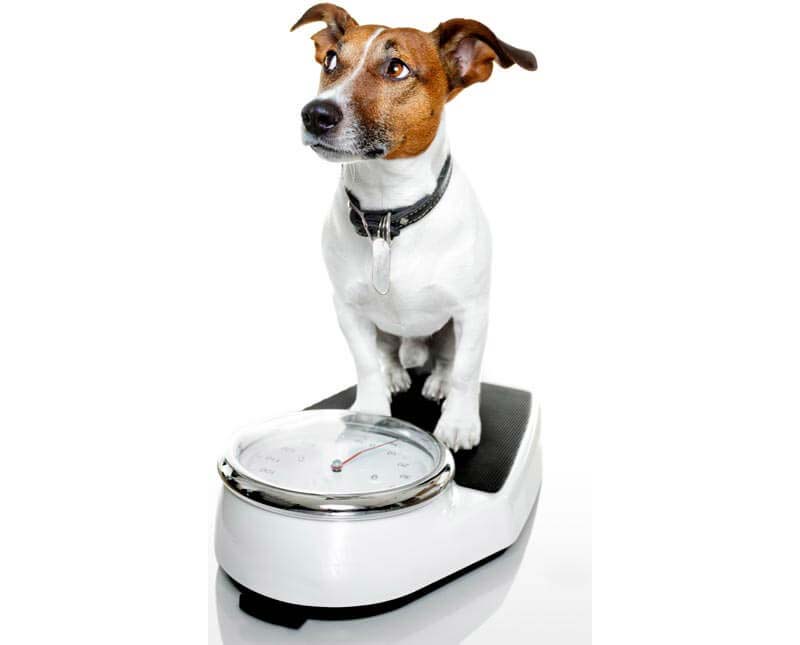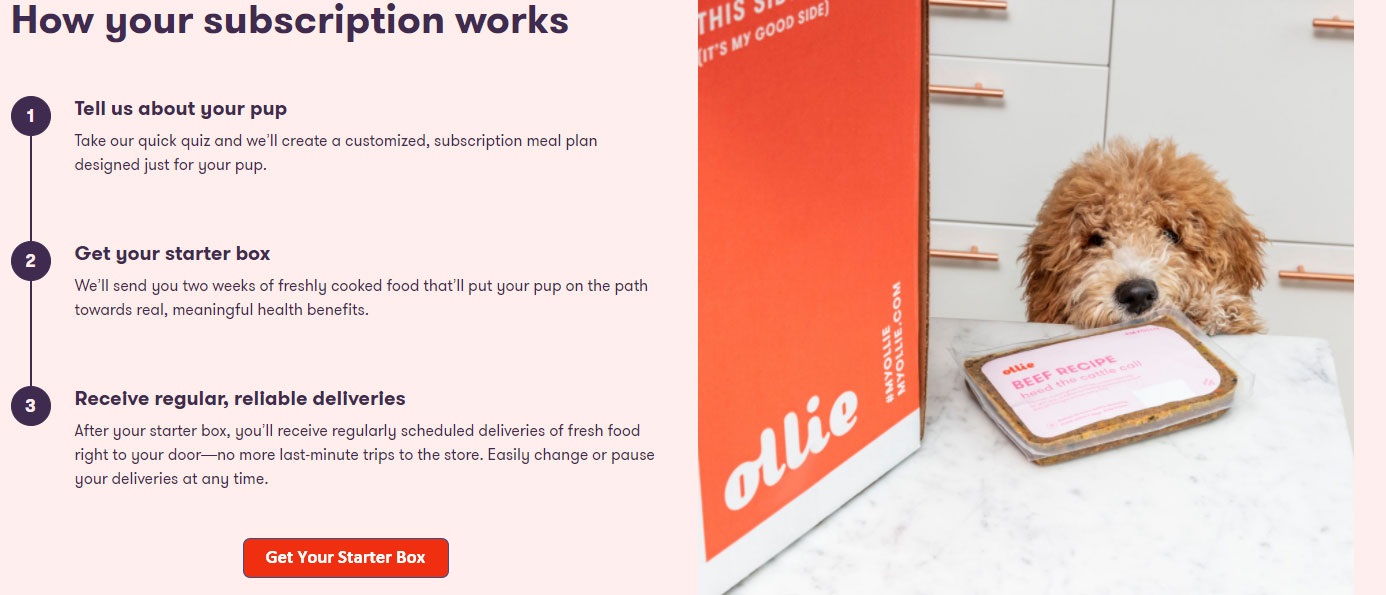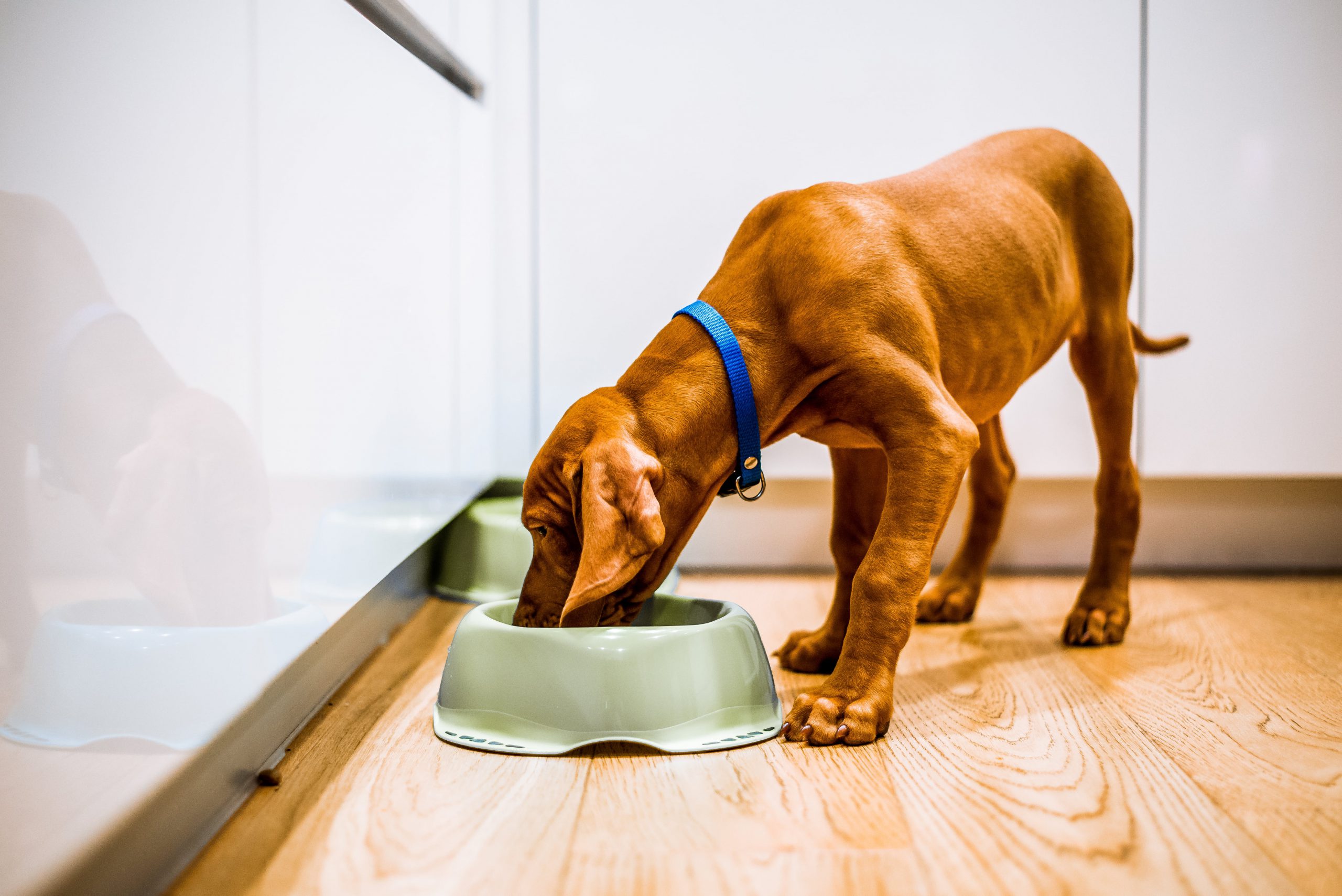How to make dog gain weight
When we think of dieting, we often think of a process designed to make your dog lose weight, but some dogs may also need to gain weight.
To do this, you must first understand why your dog is too thin and know how to make him gain weight in the right way, while maximizing his health. Indeed, gaining weight does not mean getting fat, and it will be just as bad for your dog to be too thin as to be too fat or to have an unbalanced diet.
Does my dog need to gain weight?
Before you try to make your dog gain weight, be absolutely certain that he really needs it. A common misconception among dog and cat owners is that their pets are too thin, even though they are at a healthy weight.
This is because many pets today are overweight because they suffer as much as humans from the poor quality of low-end industrial foods that are too fatty and too sweet. As a guide, a healthy dog should not have visible ribs, but they should be easily palpable when the owner runs his fingers over the animal's sides without pressing.
If your dog seems really thin, it is important to understand why he is not at a healthy weight and if weight gain can be achieved through a simple diet or if medical treatment is necessary. To do this, take a close look at your dog and the possible symptoms associated with his thinness: does he have stomach problems? Is he tired, depressed or withdrawn? Has his behavior changed recently?
Your dog may be losing weight due to various illnesses, but also if he is infested with intestinal worms that absorb nutrients instead of him. He may also be the dominant one if you have more than one pet, and the other animals in the household are stealing his food.
Some dogs are also picky eaters and may sulk at food they don't like, or develop anorexia due to anxiety or pain from illness or trauma. The age and breed of your dog should also be taken into account. It's normal for an older dog to lose weight and for a doggie of a wiry breed, such as Greyhounds, to have visible ribs.
A dog that suddenly becomes more active can also lose weight if his diet is not adapted to his new nutritional needs. In all cases, a veterinary visit is necessary to rule out any pathological cause and to determine what diet to put in place to help your dog get back on track.
It is also essential to be alarmed if your dog has lost weight suddenly, rapidly and for no apparent reason (change of diet, convalescence, more athletic lifestyle...). Whether your dog needs to gain weight or not, it is also essential that he gets all the nutrients necessary for his body to function properly to prevent it from deteriorating.

What food should I feed my dog to make him fat?
If your dog's appetite is poor, increasing the amount of food he eats is not likely to help, as he may not want to or be able to swallow larger quantities. The first thing to do is to make sure your dog is getting a premium diet, made with high quality ingredients and perfectly suited to his nutritional needs.
A BARF diet or home-made rations are not recommended for dogs whose weight is neither ideal nor stable, because the thinness of the animal may come from a diet that is not adapted to his needs, despite the good will of the owner. It is extremely difficult to measure out the ingredients of this type of food to obtain the right amount of fiber, proteins, carbohydrates, lipids, fatty acids and minerals, all of which are necessary for the health of your dog.
Even if you would like to know what you are putting in your dog's bowl, I strongly recommend that you prefer high quality industrial food until your dog's weight is back to a correct and stable level. To encourage an anorexic dog to eat, you can buy food specifically designed for fussy dogs, very appetizing to your dog's sense of smell and taste buds.
If your dog's weight is critical, you may want to consider high-calorie medical dog food formulated to provide concentrated energy in small amounts. If your dog is losing weight due to age or physical activity, you should turn to senior kibbles, and in the second case to kibbles for athletes.
A healthy dog never starves himself. If your dog refuses to eat despite your efforts, it is necessary to consult a veterinarian. If you want to make your dog gain weight on your own, you should only consider doing so if you know the cause of your dog's weight loss and if it is not pathological.
This is the case for aging dogs, dogs that play a lot of sports and dogs that don't like the taste of food. Also, do not give everything and anything to a dog that is too thin, because a varied and haphazard diet will not meet its needs and may cause serious gastric problems.
Finally, making your dog fat does not exempt him from physical activity if he is not sick or convalescent, because he must transform the absorbed nutrients into muscle and not into fat to stay in shape.


